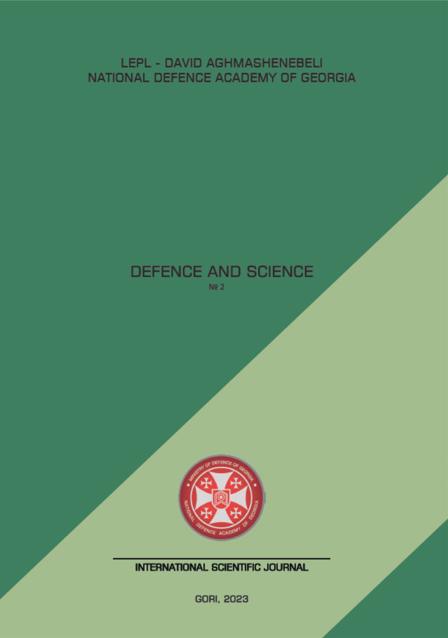The Challenging Path of Georgia towards NATO Membership
DOI:
https://doi.org/10.61446/ds.2.2023.7409საკვანძო სიტყვები:
NATO, NATO Strategic Concept, Georgia, war, enlargementანოტაცია
Georgia is a small nation situated in a region characterised by instability, where the occurrence of conflict escalation has become a frequent occurrence within the realm of regional politics. Ensuring stability in the South Caucasus region is a paramount concern for Georgia in terms of its security agenda. This commitment is clearly articulated in Georgia's National Security Concept (NSC), which was officially approved in 2011. Additionally, Georgia's Foreign Policy Strategy for the period 2019-2022 also underscores the importance of maintaining peace in the South Caucasus region. The level of public support for the North Atlantic Treaty Organisation (NATO) affiliation in Georgia has been considerable, mirroring the widespread agreement among major political parties over the objective of attaining NATO membership. In 2018, a revision was made to the Georgian Constitution, including a paragraph that specifies the need for all governmental institutions to actively strive towards the objective of Georgia's prospective participation in NATO.[1] The admission to NATO has been widely regarded as the most reliable means to achieve a state of stability and prosperity, enabling the nation to fully capitalise on its capabilities and opportunities. This article is characterised by its descriptive approach and aims to examine the dynamics of the evolution of NATO-Georgia ties throughout the history.










